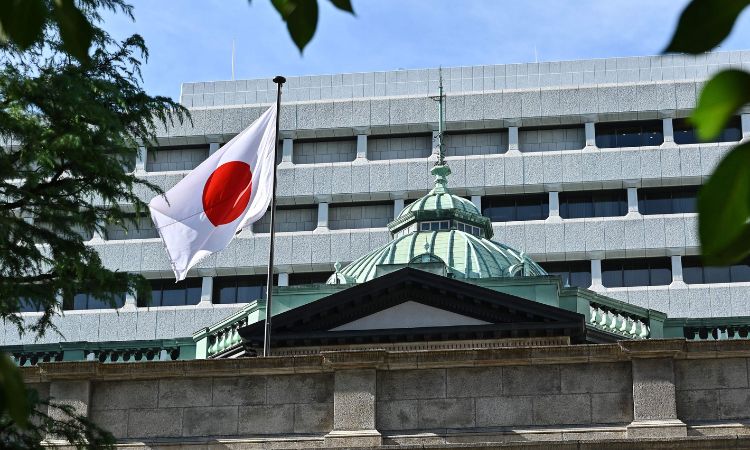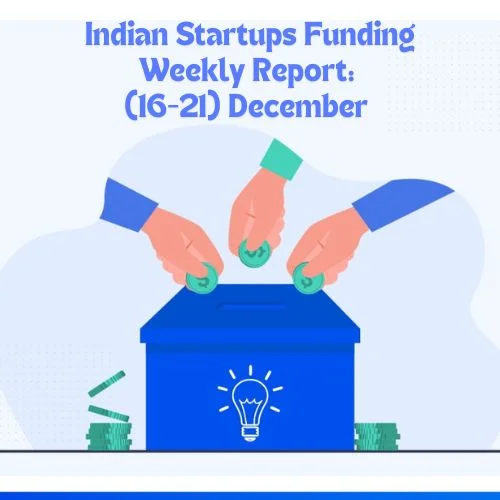Japan’s economy experienced a growth rate of 1.6% annually in the first quarter of 2023, as private demand rebounded following the easing of COVID-19-related restrictions. This positive performance surpassed market expectations and indicates a gradual recovery trajectory for Japan’s economy.

Despite sluggish global demand and declining exports, private demand, including consumer spending and private investment, played a significant role in driving growth. The following article provides an overview of Japan’s Q1 2023 economic performance, key contributing factors, potential implications, and upcoming challenges.
Q1 2023 GDP Growth:
Japan’s real gross domestic product (GDP), which represents the total value of a nation’s goods and services, increased by 0.4% on a quarterly basis in January-March 2023. This growth rate is the strongest since the second quarter of 2022 when a 1.1% expansion was recorded. Furthermore, it exceeded market consensus expectations of 0.2%.
Private Demand as a Key Driver:
Private demand emerged as the primary contributor to Japan’s economic growth in Q1 2023, surging at an annual pace of 3.1%. Consumer spending and private investment experienced a healthy rebound, partly aided by the recent reopening of borders to tourists and increased incoming travel. Public demand also grew, though at a more modest annualized rate of 1.8%.
Export Slump:
Despite overall economic growth, Japan faced challenges due to declining exports, reflecting the sluggishness of global economies. In the first quarter of 2023, Japan’s exports decreased by an annualized rate of 15.6%.
Inflationary Pressures and Policy Implications:
While inflationary concerns have dominated global economic discourse, Japan has been more cautious in addressing inflation due to its history of deflation. Recent increases in electricity bills across the country, although not directly impacting core inflation, are expected to have a trickle-down effect, potentially boosting inflation. Some analysts speculate that signs of recovery in Japan’s economy may prompt the Bank of Japan to consider policy changes and a shift towards higher interest rates. The Bank of Japan’s policy board is scheduled to meet next month.
Implications for Prime Minister Kishida and Potential Elections:
The relatively positive economic performance may bolster Prime Minister Fumio Kishida’s standing with the public. Speculation suggests that Kishida may call for a snap parliamentary election later this year. The ruling Liberal Democratic Party, which has governed Japan almost continuously since World War II, has faced limited challenges in recent years due to a fragmented opposition.
Conclusion:
Japan’s economy demonstrated growth of 1.6% in Q1 2023, driven primarily by a rebound in private demand following the relaxation of COVID-19 restrictions. Despite challenges posed by declining exports, the positive performance exceeded market expectations. The role of private demand, including consumer spending and private investment, was instrumental in driving economic growth. While Japan remains cautious about addressing inflation, recent increases in electricity bills may have indirect effects on inflationary pressures. The favorable economic outlook may enhance Prime Minister Kishida’s political standing, and there are speculations about a potential snap parliamentary election. Moving forward, Japan will need to navigate global economic conditions and sustain its recovery trajectory.















